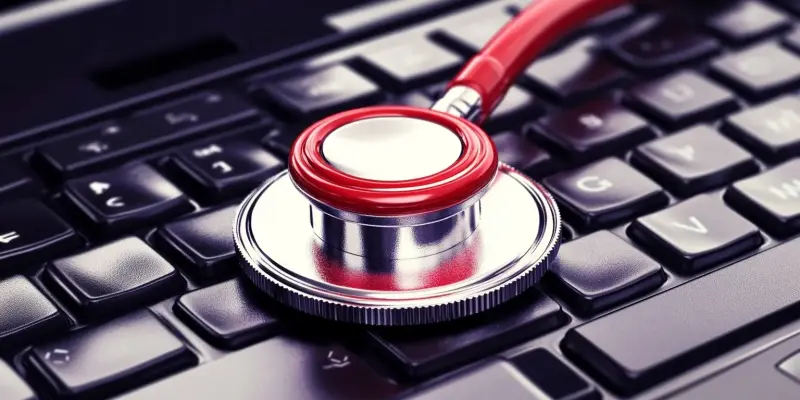Imagine visiting a healthcare provider, trusting that your personal and sensitive information is safe, only to later discover that this information has been compromised by a cybercriminal. This unsettling scenario became a reality for over one million patients of the nonprofit healthcare provider Community Health Center (CHC) due to a significant data breach. The breach, identified on January 2, involved an experienced hacker who gained unauthorized access to a vast array of patient data, including names, birth dates, addresses, phone numbers, email addresses, diagnoses, treatment details, Social Security numbers, and health insurance information. Thankfully, the hacker did not delete or lock any data, and CHC managed to halt the intrusion within hours, ensuring no direct disruption to daily operations. However, the potential fallout from the breach has raised serious concerns about the security of patient data in the healthcare industry.
Ongoing Threats and Latest Incidents
This incident is part of a troubling trend, marking the third healthcare-related cyberattack in just a week. Prior to the CHC breach, Frederick Health and New York Blood Center Enterprises were also targeted in ransomware attacks. The connections between these attacks and their perpetrators remain unknown, intensifying the anxiety surrounding cybersecurity in the healthcare sector. Each attack serves as a stark reminder of the persistent threats facing healthcare institutions and the critical need for enhanced protective measures. The sophisticated nature of these attacks suggests that healthcare providers need to stay ahead of evolving cyber threats to safeguard sensitive patient information effectively.
In response to the cyberattack, CHC has taken swift action to strengthen its security protocols. Recognizing the profound implications of such breaches, CHC is offering affected patients free identity theft protection services through IDX. The service includes two years of credit and CyberScan monitoring, a $1,000,000 insurance reimbursement policy, and assistance with recovering stolen identities. These measures aim to mitigate the potential damage and reassure patients about the safety and integrity of their personal information. Despite these efforts, the breach underscores the need for ongoing vigilance and investment in cybersecurity within the healthcare sector.
Strengthening Healthcare Cybersecurity
The CHC data breach underscores the vital need for securing healthcare infrastructures to safeguard sensitive patient data and the broader ecosystem of communication, collaboration, and care delivery. Experts like Emily Phelps from Cyware highlight the constant risks healthcare providers face from cyber attackers. Although there’s no current evidence that the stolen information has been misused, CHC urges patients to use the identity protection services offered to preempt potential misuse of their personal data.
The urgency of strengthening cybersecurity in the healthcare sector cannot be overstated. This breach, along with other recent attacks, acts as a wake-up call for healthcare providers globally. It demonstrates the need for advanced cybersecurity measures and proactive strategies to defend against cyber threats. CHC’s breach response involved immediate actions to halt the intruder and efforts to provide protection and reassurance to affected patients. Moving forward, healthcare organizations must prioritize cybersecurity to prevent similar incidents and maintain patients’ trust and safety.

